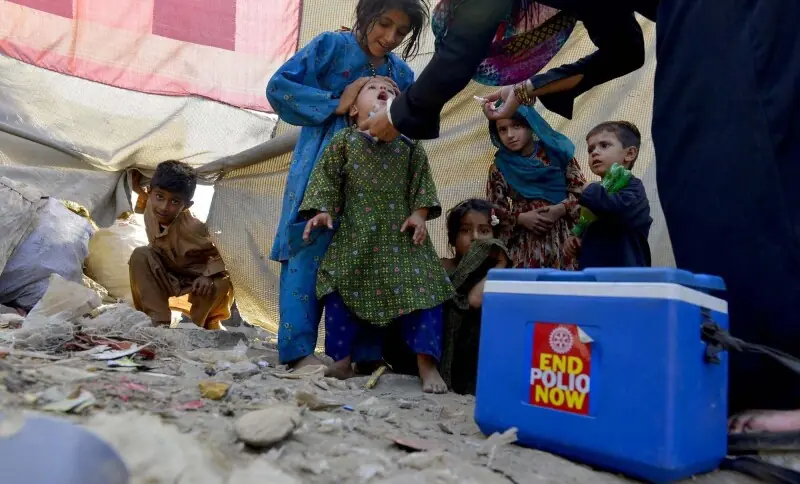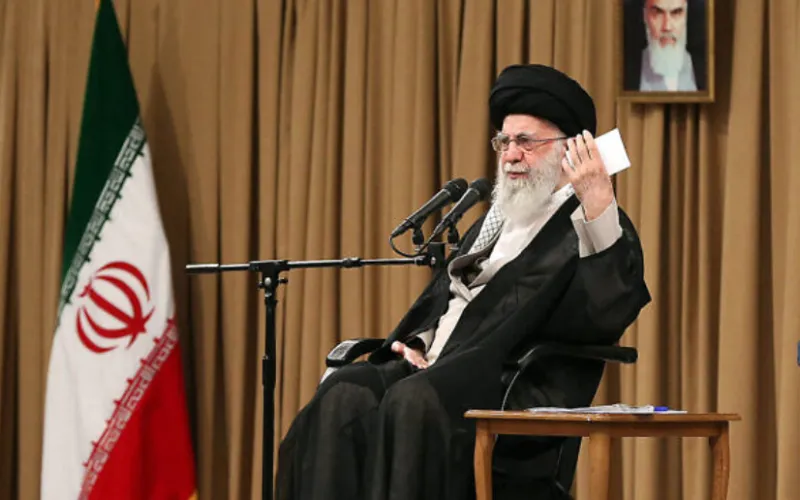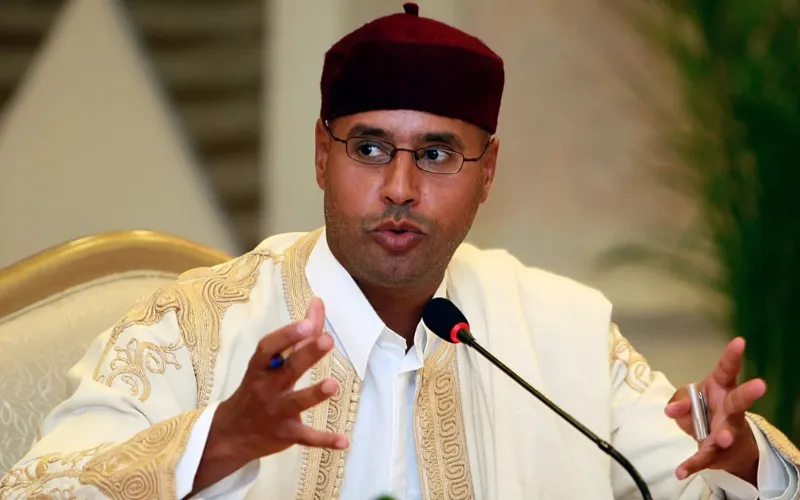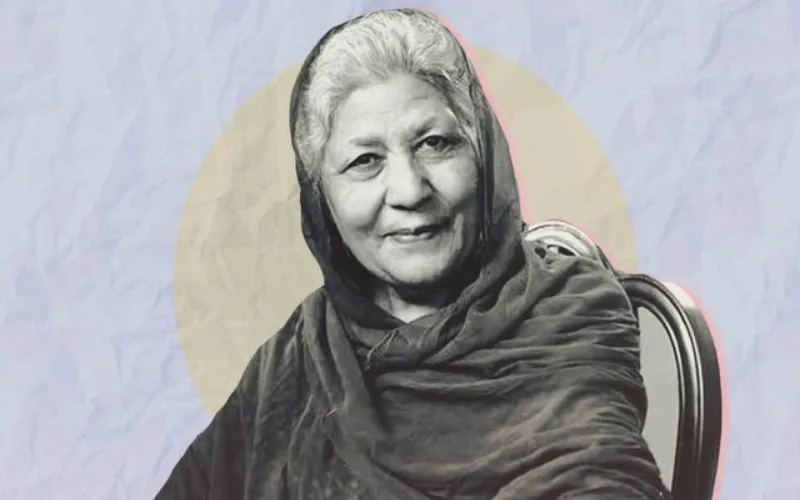PESHAWAR: The incidence of violence against health workers during door-to-door polio campaigns has declined in Khyber Pakhtunkhwa, ensuring the vaccination coverage of children who were previously inaccessible due to security reasons.
Officials said that the number of violent incidents against polio teams had decreased in the current year due to foolproof security measures, as four policemen and one civilian were killed and three police officials suffered injuries. Also, 17 health workers were kidnapped during house-to-house vaccination campaigns.
Official data shows that a total of 96 people have been killed by alleged terrorists in Khyber Pakhtunkhwa since 2012 and they included 61 policemen, 27 health workers and five civilians. Also, 170 people, including 124 policemen, 28 health workers and 21 civilians, were injured in attacks on polio teams.
During this period, 32 health workers, three civilians and one policeman were kidnapped during vaccination campaigns.
KP records better vaccination coverage
Of the people who were subjected to violence in the shape of death, injuries and kidnapping, 283 were men and 18 women, according to an official report.
However, the current year has proved to be relatively peaceful, enabling health workers to bring down the number of children who missed polio drops earlier either due to vaccination refusal by their parents or for being accessible to vaccinators in security-compromised areas.
Officials said that it was a welcome sign for the polio programme as health workers would be able to reach most children targeted in polio drives.
They said the continued violence against polio teams had also caused scare among health workers, so the number of unvaccinated children continued to rise.
The officials, however, said that in the current year, vaccinators were covering more children than those vaccinated in previous years due to enhanced supervision and surveillance both from the government and Emergency Operations Centre for Polio.
They said that Khyber Pakhtunkhwa had recorded 18 polio cases, most in the countrywide tally of 29, due to strong surveillance, which led to the collection of “most samples from suspected children.”
The officials said Sindh had recorded nine polio cases, while one case each was reported in Punjab and GB.
A recent report by the Independent Monitoring Board, which works on behalf of international donor agencies, said that Pakistan faced continued transmission in core reservoirs, particularly southern districts of Khyber Pakhtunkhwa, alongside ongoing operational challenges that include missed children, security constraints and the urgent need for strengthened essential immunisation systems.
According to an IMB report released in September, security assessments have revealed a more nuanced picture than is often portrayed.
Of Pakistan’s 45.4 million target children, only 1.2 million face direct security constraints, primarily those in southern parts of Khyber Pakhtunkhwa.
The report, titled “The Glass Mountain,” said that escalating circulation in southern Khyber Pakhtunkhwa with more than 100,000 unreached children represented the most immediate threat to interruption of transmission.
It noted that there were persistent access constraints and accumulated vulnerability, while many children missed vaccination in rounds after rounds, so intensive new approaches were required.
The polio programme has divided south Khyber Pakhtunkhwa into three categories, including green areas (71 per cent of the population, 159 union councils) with good access but quality challenges; community-led vaccination initiative areas (20 per cent of the population, 80 union councils) utilising community-led approaches; and black areas (nine per cent of the population, 26 union councils) requiring intensive engagement to achieve house-to-house access.
Officials said that new strategies and approaches were paying off with the unprecedented support of the government and security forces.
They said the innovative strategies had strengthened security due to which the vaccinators felt secure and took part in the campaign fearlessly.
The officials also said that recently, health secretary Shahidullah Khan transferred three district health officers and one district coordinator for showing laxity in polio drives.
They said that chief secretary Shahab Ali Shah, as the chairman of the provincial task force on polio, was likely to take action against the deputy commissioners and assistant commissioners for similar reasons.
Published in Dawn, November 9th, 2025





